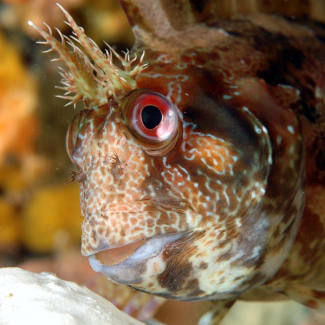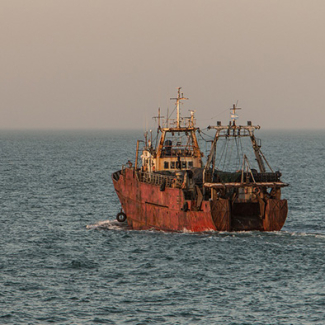
Clown fish survival depends on environment more than genetics
Clown fish are unable to genetically adapt to changes in their environment. Such is the conclusion of a study, unprecedented in the field of submarine environmental research, by a group of CNRS scientists1 and their Australian, Saudi, Chilean, and American colleagues. Their findings are published in Ecology Letters (26 November 2019). For over ten years, the researchers observed clown fish in the lagoons of Kimbe Island, a hot spot of biodiversity in Papua New Guinea. After having pieced together genealogies spanning four generations for each family of these fish, they demonstrated a lack of genetic variation to boost reproductive success and replenish the population. Hence the reproductive success of the clown fish depends almost entirely on their environment, and especially their sea anemones. Clown fish are at the mercy of their habitat, whose daily deterioration has already been documented. Efforts to preserve the quality of their habitat will primarily determine whether they are able to continue living in the lagoons.


- 1Affiliated with CRIOBE (EPHE-PSL/UPVD/CNRS).
Strong habitat and weak genetic effects shape the lifetime reproductive success in a wild clownfish population. Océane C. Salles, Glenn R. Almany, Michael L. Berumen, Geoffrey P. Jones, Pablo Saenz-Agudelo, Maya Srinivasan, Simon R. Thorrold, Benoit Pujol, and Serge Planes; Ecology Letters, https://onlinelibrary.wiley.com/doi/full/10.1111/ele.13428


